Eligibility & Fee: Open to graduates with a flair for fashion. Check the fee structure for this exciting opportunity to enter the world of fashion communication.
Eligibility & Fee Structure for Master of Science (M.Sc.) Fashion Communication Course
Fashion communication is a thriving field in India, where the fashion industry continues to evolve and expand rapidly. A
Master of Science (M.Sc.) in Fashion Communication is a specialized program that equips students with the skills and knowledge required for a career in fashion journalism, public relations, advertising, and more.
Eligibility Criteria: M.Sc. in Fashion Communication
The eligibility criteria for admission to an M.Sc. in Fashion Communication program in India can vary slightly from one institution to another. However, there are some common prerequisites that most universities and colleges typically require. Here's a comprehensive overview of the eligibility criteria:
-
Educational Background: Applicants are generally required to hold a bachelor's degree in a relevant field. This may include degrees in fashion design, fashion technology, communication, journalism, mass communication, visual communication, or related disciplines. The minimum duration of the bachelor's program is typically three years.
-
Academic Performance: Candidates are usually expected to have a strong academic record in their undergraduate studies. This often includes meeting a minimum Grade Point Average (GPA) or equivalent academic performance standard. The specific GPA requirement can vary among institutions but generally ranges from 2.5 to 3.0 on a 4.0 scale.
-
Entrance Examination: Many universities and colleges in India conduct entrance examinations as part of the admission process. These exams assess a candidate's knowledge of fashion-related topics, communication skills, and general awareness. Some prominent entrance exams for fashion communication programs include the NIFT (National Institute of Fashion Technology) entrance exam and the Pearl Academy entrance exam.
-
Portfolio: A portfolio showcasing the applicant's creative work is typically a critical component of the application. The portfolio may contain samples of fashion photography, design projects, writing samples, and other relevant work to demonstrate the applicant's skills and creativity.
-
Language Proficiency: For international applicants or institutions where the medium of instruction is not English, proof of English language proficiency through tests like IELTS or TOEFL may be required.
-
Work Experience: While not mandatory, some institutions may give preference to applicants with prior work experience in the fashion industry or related fields. Work experience can enhance an applicant's chances of admission, particularly in highly competitive programs.
-
Letters of Recommendation (LORs): Some institutions may request letters of recommendation from professors or professionals who can vouch for the applicant's qualifications and potential in the field of fashion communication.
-
Statement of Purpose (SOP): An SOP is an essential part of the application process. It should convey the applicant's motivations, career goals, and how the M.Sc. in Fashion Communication program aligns with their aspirations.
Fee Structure M.Sc. in Fashion Communication
The fee structure for an M.Sc. in Fashion Communication can vary significantly based on several factors, including the institute's location, reputation, and whether it's a government-funded or private institution.
1. Tuition Fees:
-
Public Institutions: Government-funded institutions often offer lower tuition fees to Indian residents. Tuition fees for an M.Sc. in Fashion Communication at public universities and colleges can range from INR 10,000 to INR 1,00,000 per year. These fees are relatively affordable compared to private institutions.
-
Private Institutions: Private fashion schools and universities typically have higher tuition fees. Depending on the institution's reputation and facilities, the annual tuition fees can range from INR 1,00,000 to INR 5,00,000 or more.
2. Duration of the Program:
- The M.Sc. in Fashion Communication program typically has a duration of two years in India.
3. Scholarships and Financial Aid:
- Many universities and colleges in India offer scholarships and financial aid opportunities to deserving students. These scholarships may be based on academic merit, financial need, or other criteria. The availability and amount of scholarships can vary, but they can significantly reduce the overall cost of education.
4. Additional Costs:
- In addition to tuition fees, students should budget for additional expenses such as textbooks, study materials, art supplies (for projects), accommodation, food, transportation, and personal expenses. These costs can vary widely based on the location of the institution and the student's lifestyle choices.
5. Hostel and Accommodation Fees:
- For students who choose to stay in hostels or university-provided accommodation, additional fees will apply. Hostel fees can range from INR 20,000 to INR 60,000 per year, depending on the institution and the type of accommodation.
6. Exam Fees and Study Materials:
- Students may incur additional expenses related to exam fees, study materials, and course-specific expenses. These costs can vary based on the program's curriculum and requirements.
7. Internships and Industry Projects:
- Some fashion communication programs may require students to complete internships or industry projects. While these experiences can be invaluable, they may involve additional costs related to travel, materials, and other expenses.
8. Extracurricular Activities:
- Participating in fashion shows, events, or extracurricular activities related to fashion communication may involve some additional expenses. These costs can vary based on the student's level of involvement.
 2 Years
2 Years
 Post Graduate
Post Graduate
 Fashion Design and Technology
Fashion Design and Technology

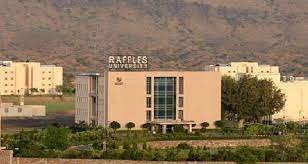
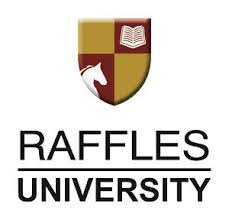
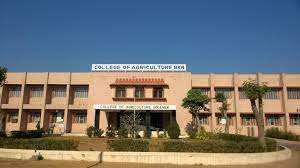
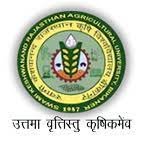
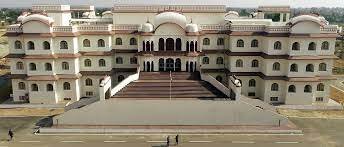
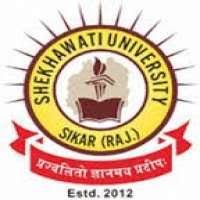
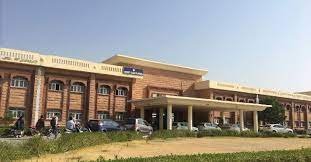
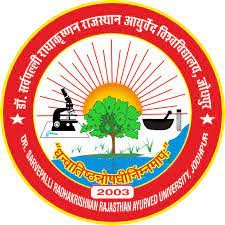
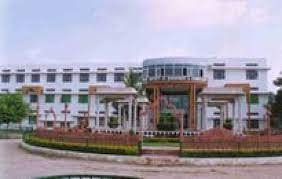
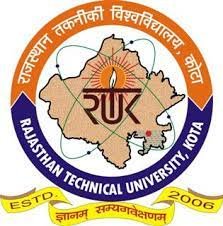

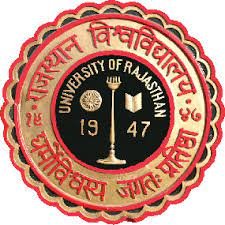

 back
back

